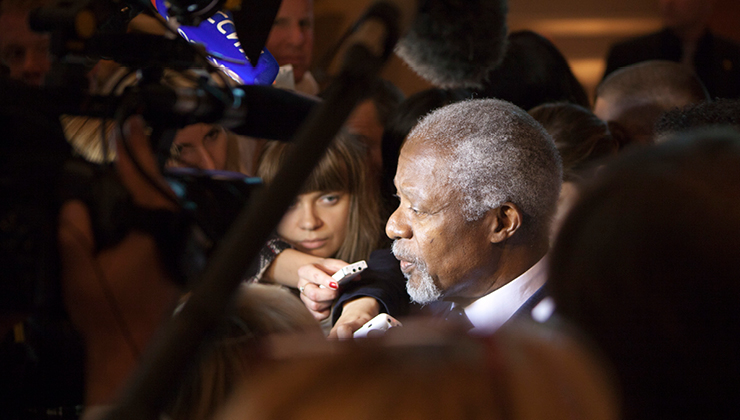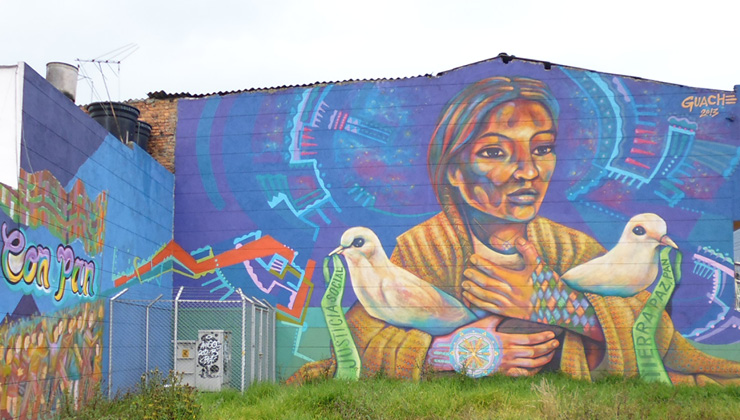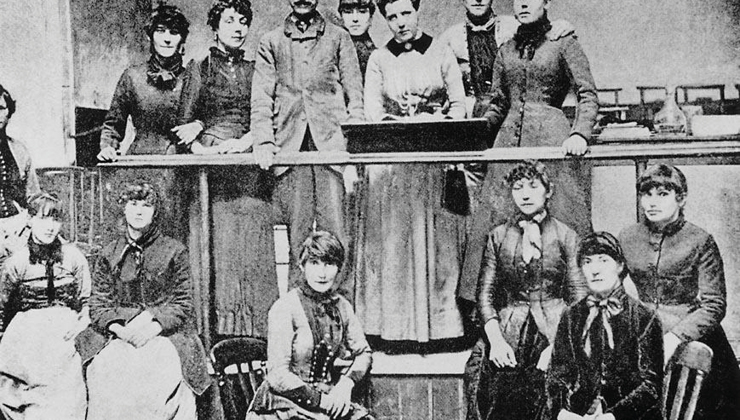Professor Christine Chinkin and Dr Louise Arimatsu are currently leading a research project funded by the European Research Council (ERC), part of which is to support interdisciplinary discussion around the core themes. We are therefore calling for blog contributions that meet these aims. Below you will find details on the grant and the themes of interest.
We are especially interested in works that engage with the themes of silence, time, paradoxes, peripheries, violence. If you think you have a blog that contributes to these themes, please get in touch – we’d love to hear from you! You can send your blogs and queries to s.j.smith1@lse.ac.uk.
ERC: Gendered Peace
This project seeks to produce a multidisciplinary perspective on a ‘gendered peace’, one that takes into consideration a spectrum of violence in both conflict and peace time. It challenges the accepted orthodoxy of peacebuilding and suggests that taking gender seriously necessitates an alternative paradigm. The research is organised into the following streams:
– Women and Peace/Women and Security
– Gender and Peacebuilding
– Gender and Contemporary Forms of Violence
We welcome submissions from all disciplines that explore these themes.
This page is part of a project that has received funding from the European Research Council (ERC) under the European Union’s Horizon 2020 research and innovation programme (Grant agreement No. 786494).
AHRC: A Feminist International Law of Peace
(This project has now ended and we are no longer taking submissions)
This project develops the theoretical foundations and normative content of an international law that can more effectively deliver on gender equality and sustainable peace. The research in this project addresses two of the most pressing problems that we have identified as limiting the potential of the WPS agenda:
– The conceptual ambiguities and normative indeterminacy that characterise the agenda.
– The failure to adopt gender sensitive analysis in respect to conflict prevention.

This page is partly supported by an Arts & Humanities Research Council grant.














































